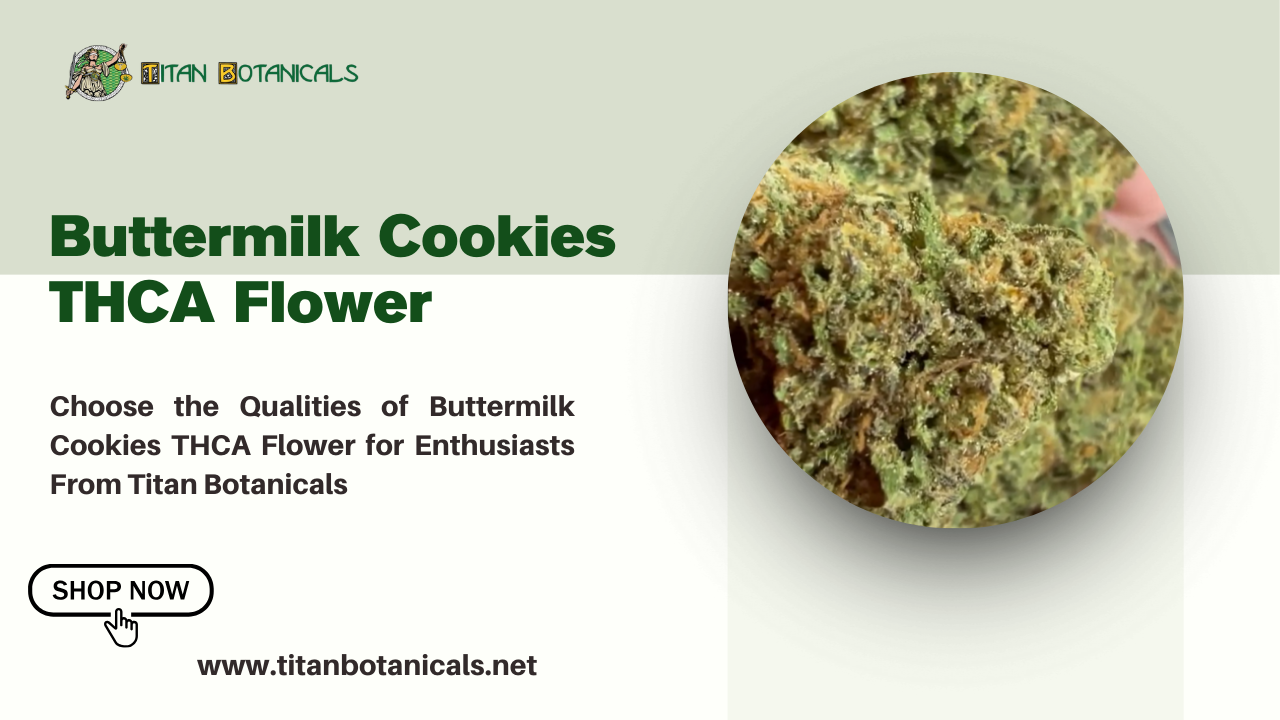Halal certification plays a vital role for many Muslims in the UK. It ensures that the food, products, or services they use are permissible under Islamic law. For businesses, having a halal certification means gaining the trust of Muslim consumers, who are careful about what they consume. In this article, we will explore what Halal Certifications UK is, why it matters, and how businesses in the UK can obtain it.
What Does Halal Certification Mean?
Halal is an Arabic word meaning “permissible” or “lawful.” In terms of food and products, halal refers to items that are allowed under Islamic dietary laws. The opposite of halal is “haram,” meaning forbidden. Halal certification is the process that ensures a product, service, or business meets the specific standards set by Islamic law.
In the context of food, this certification mainly applies to meat and other consumables. The process of slaughtering the animal must follow specific rules, including using a sharp knife, mentioning God’s name during the slaughter, and ensuring that the animal is treated humanely. Halal certification also applies to non-food items like cosmetics and pharmaceuticals, ensuring they do not contain ingredients that are forbidden in Islam, such as alcohol or certain animal-derived products.
Why is Halal Certification Important in the UK?
The UK is home to a large Muslim population, and halal certification is essential for these communities. It provides assurance that the food and products they use meet their religious standards. This certification also allows Muslims to enjoy a wide variety of food and services without worrying about whether they are following Islamic law.
For businesses, halal certification opens doors to a broader customer base. With the demand for halal products growing rapidly, especially in cities with large Muslim populations, having certification can boost a business’s reputation and increase sales. Many supermarkets, restaurants, and even beauty brands in the UK have realised the value of offering halal-certified products.
How to Obtain Halal Certification in the UK
If you own a business and want to become halal certified, the process is straightforward but requires careful attention to detail. Here’s a step-by-step guide:
- Contact a Halal Certification Body: In the UK, there are several organisations that provide halal certification. These bodies inspect and certify products or services to ensure they meet halal standards. Some well-known certification bodies include the Halal Monitoring Committee (HMC) and the Halal Food Authority (HFA). You can choose the one that suits your needs.
- Inspection and Evaluation: Once you contact a certification body, they will arrange an inspection of your business. This inspection involves evaluating your production methods, ingredients, and supply chain to ensure everything complies with halal standards. For food businesses, the slaughtering process will be examined closely.
- Audit of Ingredients: For packaged foods or products like cosmetics, the certification body will audit the ingredients. They will look for any substances that are not permissible in Islam, such as certain animal fats or alcohol-based products.
- Certification Process: If your business meets all the halal requirements, the certification body will issue a halal certificate. This certificate proves that your products are halal and can be trusted by Muslim consumers. It is usually valid for one year and requires renewal after that.
- Display of Certification: Once you are certified, it is important to display the halal certification mark on your products or in your store. This helps Muslim customers easily identify that your products meet halal standards.
Types of Products That Can Be Halal Certified
Halal certification is not limited to food. Many other products and services can also be certified as halal. These include:
- Meat and Poultry: One of the most common categories. For meat to be halal, the animal must be slaughtered according to Islamic law.
- Processed Foods: Packaged foods like snacks, sauces, and frozen meals can be halal certified as long as they do not contain any haram ingredients.
- Beverages: Some drinks, especially those with added flavours or ingredients, can also be certified as halal, ensuring they are free from alcohol or non-halal additives.
- Cosmetics and Pharmaceuticals: Many beauty products and medicines are now being halal certified to ensure they do not contain alcohol, gelatin, or other animal-derived ingredients that are not allowed in Islam.
- Restaurants and Catering: Many restaurants, cafes, and catering services in the UK now seek halal certification to assure their Muslim customers that the food they serve follows Islamic dietary laws.
Benefits of Halal Certification for Businesses
There are numerous benefits to obtaining halal certification for your business in the UK. Some of the key advantages include:
- Access to a Growing Market: The Muslim population in the UK is growing, and so is the demand for halal products. By becoming halal certified, businesses can tap into this expanding market and attract more customers.
- Increased Trust and Credibility: Displaying a halal certification mark shows that your business takes the needs of Muslim consumers seriously. It builds trust and credibility, encouraging more customers to choose your products over others.
- Global Opportunities: Halal certification is recognised internationally, meaning you can also export your products to other countries with large Muslim populations. This opens up new business opportunities beyond the UK.
- Positive Brand Image: Offering halal products enhances your brand’s reputation. It shows that your business is inclusive and considerate of different cultural and religious needs.
Common Misconceptions About Halal Certification
There are several misconceptions about halal certification that can create confusion. Here are a few common ones:
- Only Meat is Halal Certified: While halal certification is most commonly associated with meat, it applies to many other products as well. Everything from snacks to cosmetics can be certified as halal.
- Halal Food is Only for Muslims: While halal food is prepared according to Islamic laws, it can be enjoyed by anyone. Many non-Muslims prefer halal food because of its emphasis on cleanliness and humane treatment of animals.
- Halal Certification is Expensive: The cost of obtaining halal certification depends on the size of the business and the products being certified. However, it is often more affordable than businesses think and provides a significant return on investment by attracting new customers.
Also Read:https://www.universalhalalauthority.com/general
Conclusion
Halal certification is an important process for ensuring that food, products, and services meet Islamic standards. For businesses in the UK, becoming halal certified offers numerous benefits, from expanding your customer base to enhancing your brand’s credibility. By understanding the process and value of halal certification, businesses can better serve the growing demand for halal products in the UK and beyond.



